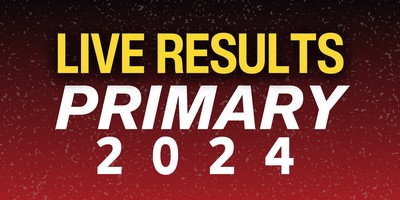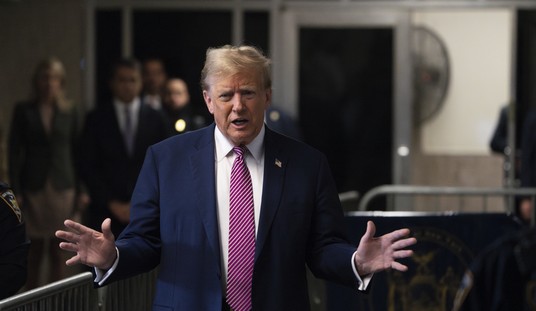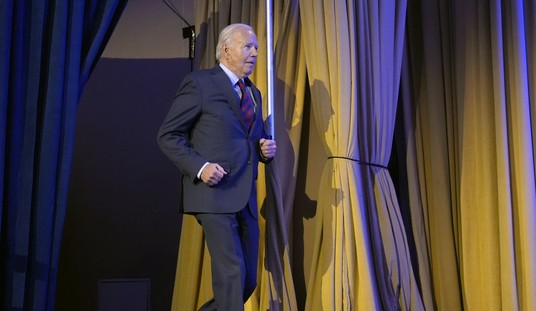That argument becomes much harder to make after reading a discussion of the 2008 Minnesota Senate race in "Who's Counting?", a new book by conservative journalist John Fund and former Bush Justice Department official Hans von Spakovsky. Although the authors cover the whole range of voter fraud issues, their chapter on Minnesota is enough to convince any skeptic that there are times when voter fraud not only exists but can be critical to the outcome of an important race.
In the '08 campaign, Republican Sen. Norm Coleman was running for re-election against Democrat Al Franken. It was impossibly close; on the morning after the election, after 2.9 million people had voted, Coleman led Franken by 725 votes.
Franken and his Democratic allies dispatched an army of lawyers to challenge the results. After the first canvass, Coleman's lead was down to 206 votes. That was followed by months of wrangling and litigation. In the end, Franken was declared the winner by 312 votes. He was sworn into office in July 2009, eight months after the election.
During the controversy, a conservative group called Minnesota Majority began to look into claims of voter fraud. Comparing criminal records with voting rolls, the group identified 1,099 felons -- all ineligible to vote -- who had voted in the Franken-Coleman race.
Minnesota Majority took the information to prosecutors across the state, many of whom showed no interest in pursuing it. But Minnesota law requires authorities to investigate such leads. And so far, Fund and von Spakovsky report, 177 people have been convicted -- not just accused, but convicted -- of voting fraudulently in the Senate race. Another 66 are awaiting trial. "The numbers aren't greater," the authors say, "because the standard for convicting someone of voter fraud in Minnesota is that they must have been both ineligible, and 'knowingly' voted unlawfully." The accused can get off by claiming not to have known they did anything wrong.
Recommended
Still, that's a total of 243 people either convicted of voter fraud or awaiting trial in an election that was decided by 312 votes. With 1,099 examples identified by Minnesota Majority, and with evidence suggesting that felons, when they do vote, strongly favor Democrats, it doesn't require a leap to suggest there might one day be proof that Al Franken was elected on the strength of voter fraud.
And that's just the question of voting by felons. Minnesota Majority also found all sorts of other irregularities that cast further doubt on the Senate results.
The election was particularly important because Franken's victory gave Senate Democrats a 60th vote in favor of President Obama's national health care proposal -- the deciding vote to overcome a Republican filibuster. If Coleman had kept his seat, there would have been no 60th vote, and no Obamacare.
Voter fraud matters when contests are close. When an election is decided by a huge margin, no one can plausibly claim fraud made the difference. But the Minnesota race was excruciatingly close. And then, in the Obamacare debate, Democrats could not afford to lose even a single vote. So if there were any case that demonstrates that voter fraud both exists and has real consequences, it is Minnesota 2008.
Yet Democrats across the country continue to downplay the importance of the issue. Last year, Rep. Debbie Wasserman Schultz, chairman of the Democratic National Committee, denounced "the gauzy accusation that voter fraud is somehow a problem, when over and over again it has been proven that you're more likely to get hit by lightning than you are to (be) a victim of voter fraud."
Wasserman Schultz and her fellow Democrats are doing everything they can to stop reasonable anti-fraud measures, like removing ineligible voters from the rolls and voter ID. Through it all, they maintain they are simply defending our most fundamental right, the right to vote.
But voter fraud involves that right, too. "When voters are disenfranchised by the counting of improperly cast ballots or outright fraud, their civil rights are violated just as surely as if they were prevented from voting," write Fund and von Spakovsky. "The integrity of the ballot box is just as important to the credibility of elections as access to it."

























Join the conversation as a VIP Member